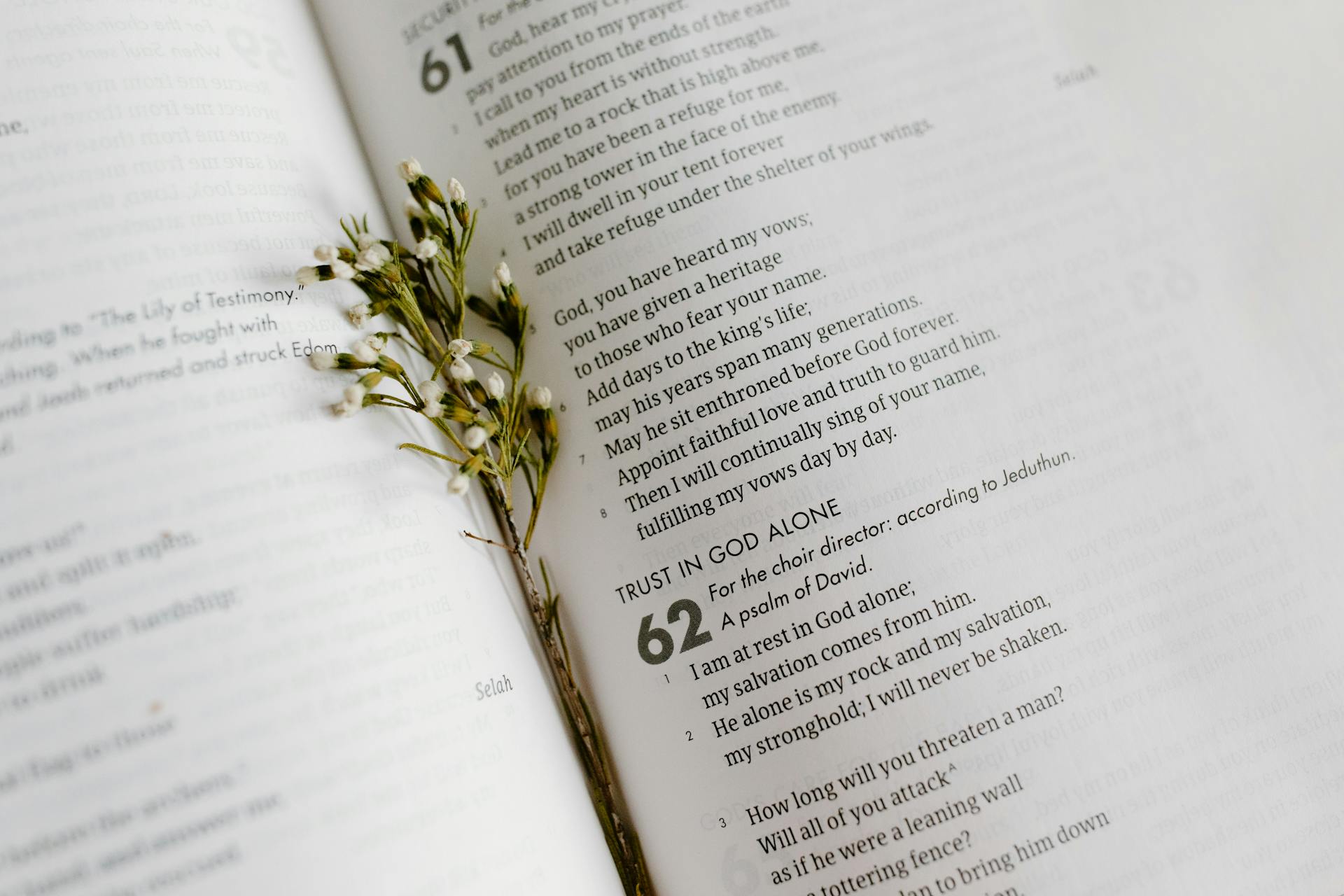How to Truly Enjoy Life: Biblical Insights on Joy and Enjoyment

People seem so unhappy. Do you enjoy life? What is true enjoyment, and how can we find it? Sadly, many people reach the end of life unsure they’ve ever really enjoyed it. God tells us we must understand enjoyment, choose it, and receive it in His ways. Yes, we must intentionally seek a good life characterized by enjoyment. But what does it mean to enjoy life?
Understand Enjoyment
Scripture distinguishes enjoyment from joy, although they are related. Enjoyment is the act of taking pleasure in something specific, while joy is a more profound state of well-being that can arise from within irrespective of external circumstances (AI). As far as the timing goes, enjoyment is an experience in the moment; joy is a deep-seated and potentially ongoing state of mind. Both are essential to living a blessed Christian life.

How should we seek and find enjoyment in our lives? People have differing opinions. Some say that our life on earth is something we must endure because, after all, we are just passing through. They expect very little. In fact, they may even feel a little befuddled if they have an enjoyable moment.
The other extreme is the person who believes that life should always be upbeat and positive. They might embrace slogans like, “Unhappy faces reflect sinful hearts” or “I’ve never had a bad day.” After all, God expects us to be happy. They may even argue that God guarantees us only happiness. We must be happy! These extreme opinions remind us that the biblical balance lies somewhere between complete and continuous misery and uninterrupted bliss. How should we experience enjoyment?
Choose Enjoyment
In Ecclesiastes, Qoheleth (possibly King Solomon) tackles this question head-on and challenges us seven times in the book’s refrains to enjoy life (Eccles. 2:24-26; 3:12-14; 4:13-16; 5:18-20; 7:13-14; 8:15-17; and 9:9-10). He reminds his readers that, despite challenges and suffering in life, they should enjoy the blessings that come from the hand of God. These are His good gifts to us (Eccles. 3:13). But how can we engage enjoyment?

The Bible is full of promptings to choose enjoyment. The Apostle Paul tells us that God has given us all things richly to enjoy (1 Tim. 6:17). So, why do we need to choose it? Why doesn’t enjoyment just happen to us? Why does Scripture teach us enjoyment is more of a choice we make than something God simply brings into our lives? We must pursue enjoyment by following God’s instructions.
Receive Enjoyment in God’s Ways
We’ve considered Qoheleth’s reasons for choosing enjoyment. Now comes the warning. Despite the good enjoyment may bring, it also has its shortcomings. First, if it is all that you are looking for in life, you can expect disappointment (Eccles. 2:1-2). What is more, we cannot expect enjoyment if we seek it at the expense of other people (Prov. 22:16). Simply put, mistreating others will ultimately bring us sadness; exercising compassion toward others and their circumstances brings us joy. Qoheleth says, “Rejoice and do good” (Eccles. 3:12). Your joy should lead you to serve those who need help.

Second, an unbridled love for pleasure could lead to poverty (Prov. 21:17). That’s why Qoheleth says, “a fool thinks only about having a good time” (Eccles. 7:4). For example, seeking pleasure to the neglect of our obligations to employers will get us in trouble, perhaps even terminated from our jobs. This would not only hurt our families but also, ironically our enjoyment of life. For another example, seeking enjoyment in substance abuse may numb our sadness in the moment, but will not bring us deep and lasting joy.

Biblical enjoyment seeks a balance in all things. Qoheleth tell us “People prepare a meal for enjoyment” (Eccles. 10:19, NASB). Clearly, this is neither an indictment of gluttony nor an invitation to overindulge. Rather, it is a call to savor a moment or two with family and friends as we enjoy the daily routine of meals, particularly on special occasions.
Times God’s people, Israel, experienced deep enjoyment were in the calendar of festivals when people got together for a time of celebration and worship. We should take note; our holiday season is coming. But even in the day-to-day routine of life, we should seek God’s gift of enjoyment in our family and church family relationships, also in our community engagements.
Find Your Greatest Enjoyment
Enjoy your life! The good news is that we can enjoy God’s blessings without denying or trivializing life’s suffering. What should we expect? Qoheleth urges us to seek God-given joy in our daily experiences. But we must look for it. We must decide to enjoy life. The Westminster Catechism reminds us that “The chief end of man is to glorify God and enjoy Him forever.”

Our greatest pleasure will come from our relationship with God. The psalmist praises, “You make known to me the path of life; you will fill me with joy in your presence, with eternal pleasures at your right hand” (Ps. 16:11). Yes, you can enjoy a good life if you love God and follow His paths. In a world that seems very unhappy, choose enjoyment in Christ.
And have the time of your life!
Written By—Dave Deuel, PhD
Dave Deuel is married with four adult children, one daughter has Down syndrome. He also has a sister-in-law who has an intellectual disability. He is Academic Dean Emeritus for the Master’s Academy International, Senior Research Fellow Emeritus and Strategic Alliance SME for the Joni Eareckson Tada Disability Research Center, and Catalyst for the Disability Concerns Issue Network, the Lausanne Movement.
He served as Old Testament professor and department chairman at the Master’s Seminary for 10 years and in pastoral roles of local churches, five of which were church plants. He is currently elder for pulpit and interim pastor for area local churches in upstate New York.

Disability in Mission
Disability in Mission: The Church’s Hidden Treasure outlines a radical change in approaches to missiology, missions, and praxis for the twenty-first-century global cultural context. It explores a pattern whereby God works powerfully in missions through disability and not in spite of it.





